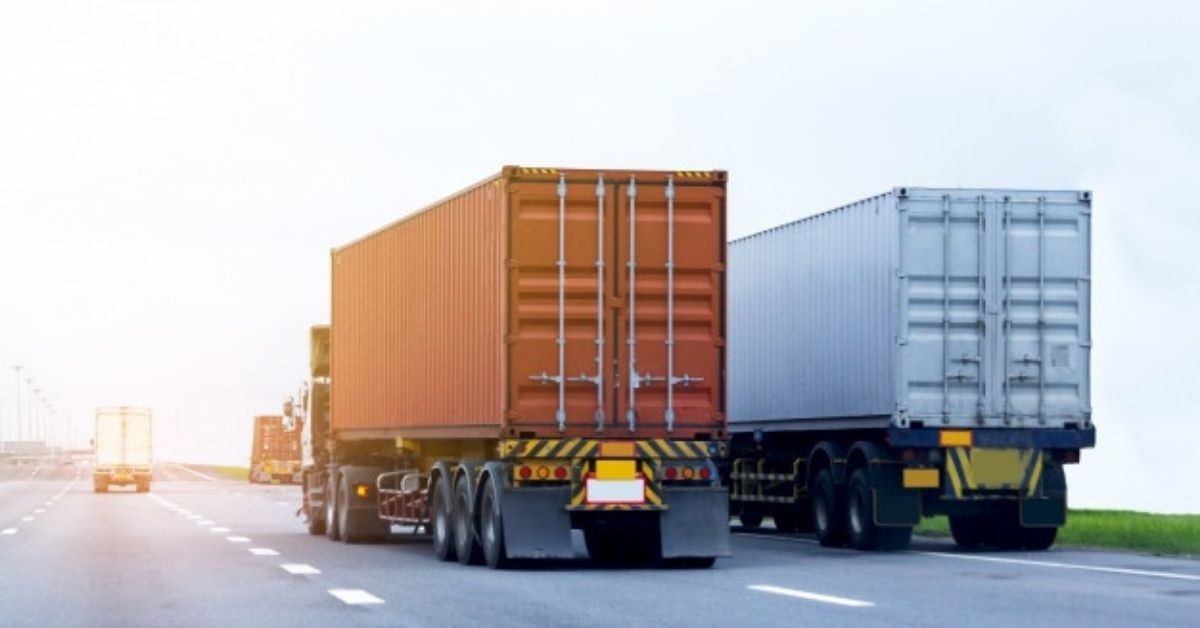The Indian Railways and the National Highways Authority of India (NHAI) will separately fund the last mile rail and road links – estimated to cost some Rs5,000 crores – to the mega port planned by the Centre at Vadhavan, easing the financial burden on the special purpose vehicle led by JNPA, which is tasked with implementing the Rs76,220 crore project.
Besides, the in-port rail yard, including equipment such as eRTGs, RMGCs, and rail operations within the port – costing some Rs3,071 crore – will be developed either by a Railway public sector undertaking or offered to a private rail operator on a public-private-partnership (PPP) basis, a top official has said.
The involvement of the Ministry of Railways and the NHAI has opened a third source of funding for the port project that is designed to help India break into the world’s top 10 container ports with a capacity to handle over 24.5 million TEUs, a capacity that no other Indian ports have due to natural limitations.
Previously, the rail and road connectivity to the port and the in-port rail yard were to be funded by Vadhavan Port Project Ltd (VPPL), a joint venture between state-owned JNPA (74% stake) and Maharashtra Maritime Board (26% equity).
The project is currently going through the pre-project implementation stage activities such as environment clearance, detailed engineering and fund raising.
In September, JNPA has submitted a proposal to the Public Investment Board (PIB) wherein the project will be scrutinised by the Finance Ministry after which it will be taken to the Union Cabinet for a final clearance.
The Union Cabinet had accorded in-principle approval for the project in January 2020.
“The good thing that happened was for the rail and road connectivity, the mandate now by the government is that these kind of connectivity projects should be taken up departmentally. So, both the Indian Railways and NHAI are taking these up as departmental works, which is a very good development,” Sethi said.
“The Rs76,220 crore project was to be funded to the extent of some Rs45,000 crores by the JNPA and MMB JV while the rest was to come from the private sector. Now, there is a third category of funding which means that two government departments will take up about Rs5,000-6,000 crore worth of project components, which will lower our contributions to that extend,” he noted.
“The rail connectivity up to the port will be taken by Indian Railways while the rail yard inside the port is now identified as a PPP project. It by itself has a huge internal rate of return (IRR) and can be taken up probably, as per our last discussion with the Chairman, Railway Board, they say that a rail entity could take it up, they have a few of these PSUs who could pose it to the market as PPP which could get into a tie-up with us,” Sethi explained.
In May this year, the Railway Board agreed to undertake the rail connectivity to Vadhavan port costing some Rs1,765 crores and tasked Western Railways to initiate the process for sanction and implementation of the project.
The 12 km-long rail line will link Vadhavan to the proposed New Palghar crossing station of the Western Dedicated Freight corridor which runs parallel to the Mumbai-Delhi Main line of Western Railway.
Inside the port, there will be separate yards for container terminals, multi-purpose cargo terminals and a loco shed line near the port gate.
The Ministry of Road Transport and Highways/NHAI will take up the 25 km-long road linking Vadhavan with NH48 through Tarapur-Boisar or Chinchani-Vangaon or Dahanu, costing Rs2,881 crores, under the Bharatmala Pariyojana project.
The new port costing Rs 76,220 crores will be developed in two phases under the so-called landlord model whereby Vadhavan Port Project Ltd, will invest Rs38,976 crore for creating basic port infrastructure while private operators will invest Rs37,244 crores for setting up container and multi-purpose cargo terminals, coastal cargo berths, RORO and liquid berths.








